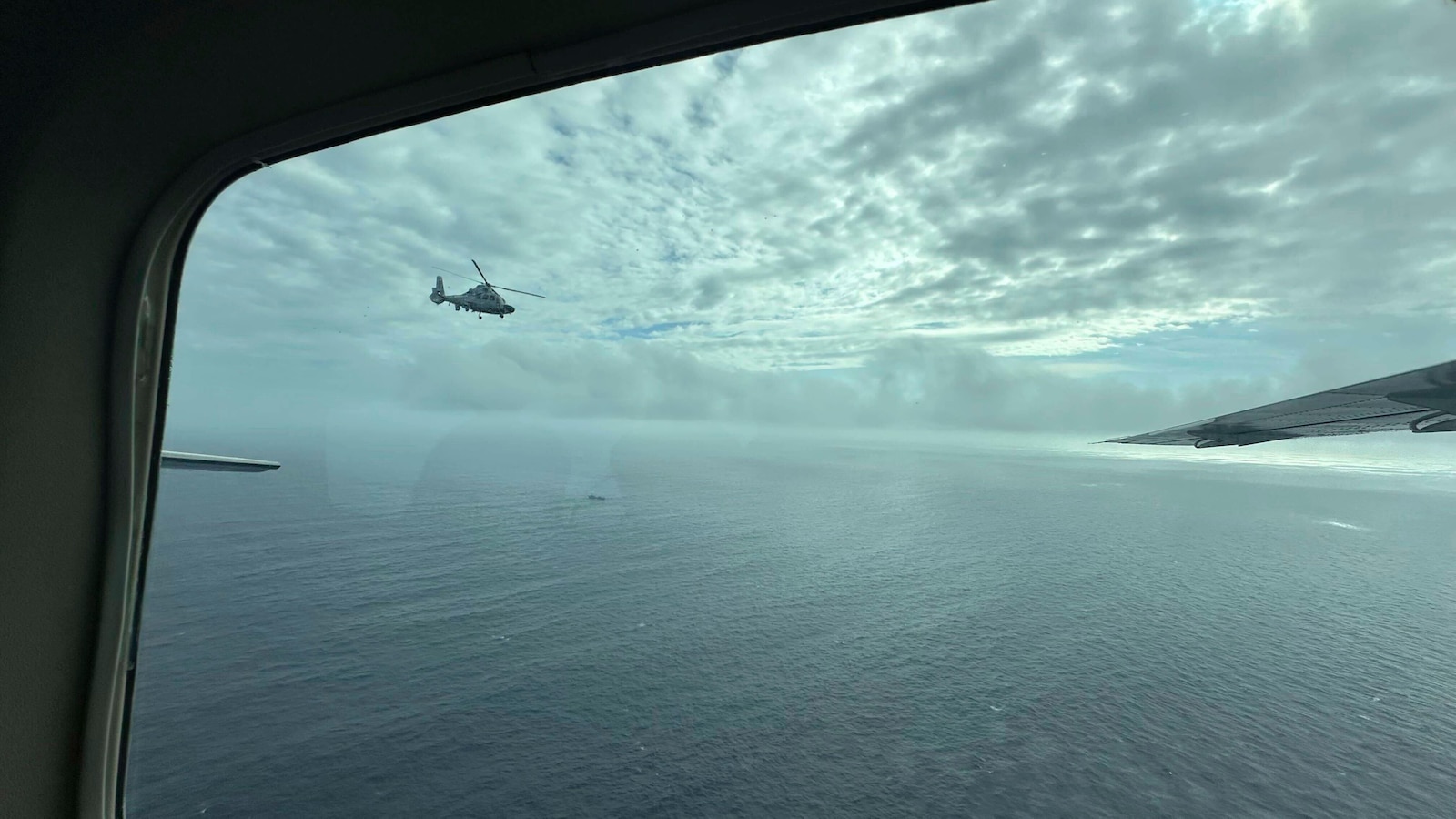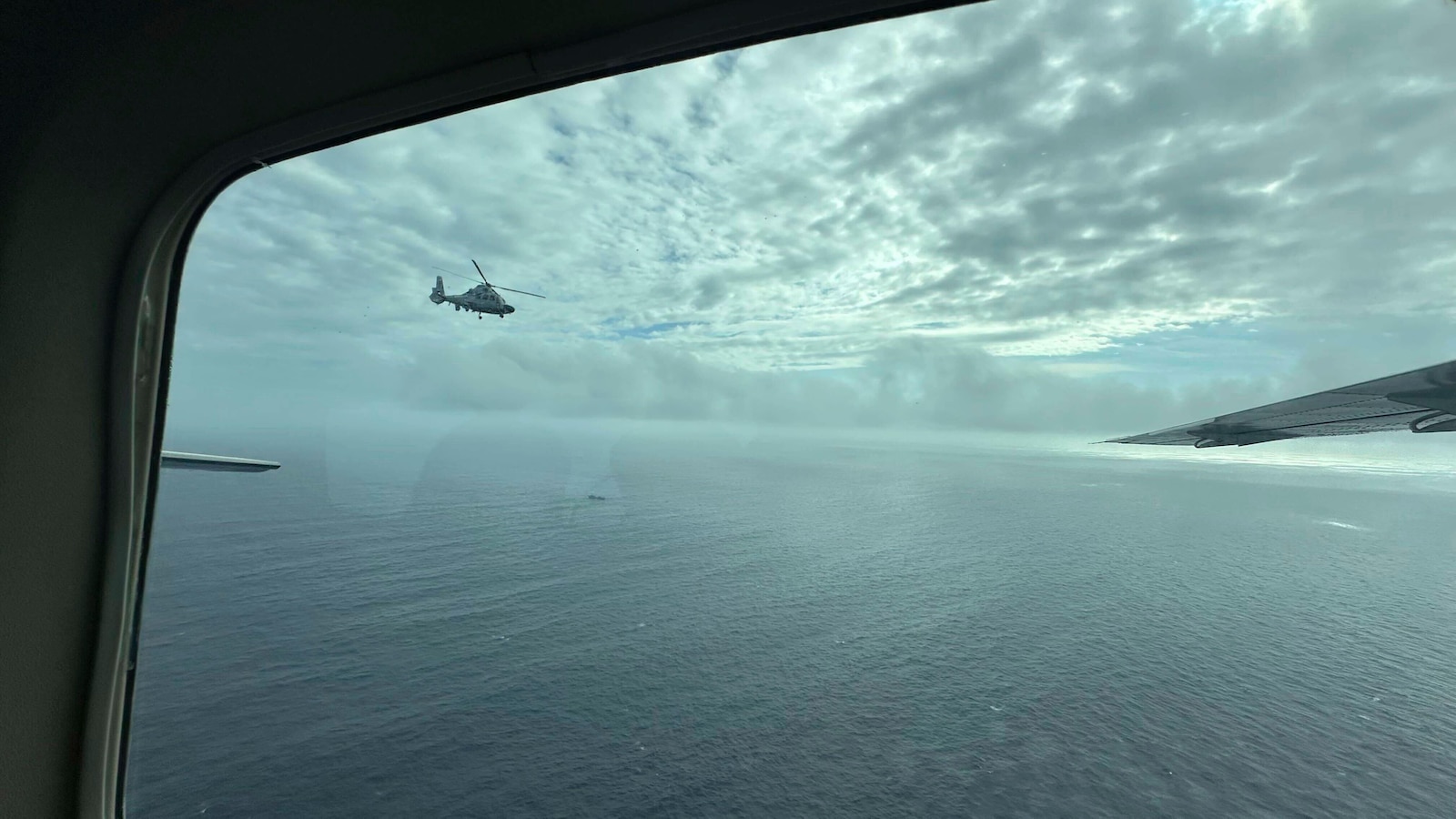Philippines Protests China's Nature Reserve Plan at Disputed Scarborough Shoal
The Philippines is formally protesting China's recent approval to establish a national nature reserve at the disputed Scarborough Shoal, also known as Bajo de Masinloc, in the South China Sea.
Subscribe to unlock this story
We really don't like cutting you off, but you've reached your monthly limit. At just $5/month, subscriptions are how we keep this project going. Start your free 7-day trial today!
Get StartedHave an account? Sign in
Overview
- The Philippines has initiated a formal diplomatic protest against China's recent decision to establish a national nature reserve at the disputed Scarborough Shoal in the South China Sea.
- China's State Council approved the reserve plan, aiming to protect a coral reef within the contested territory, which the Philippines also claims as Bajo de Masinloc.
- The Philippine Department of Foreign Affairs lodged the protest, emphasizing its sovereignty over the shoal and calling for adherence to international law.
- This move by China exacerbates ongoing tensions, as both nations frequently engage in confrontations over their competing claims to the strategically important Scarborough Shoal.
- The Philippines demands that China respect its territorial rights and cease actions that undermine stability and international legal frameworks in the South China Sea.
Report issue

Read both sides in 5 minutes each day
Analysis
Center-leaning sources cover the dispute over Scarborough Shoal by presenting the actions and statements of both the Philippines and China. They detail the Philippines' protest against China's nature reserve plan and China's counter-arguments, including its claim of sovereignty. The reporting maintains a balanced approach, attributing strong language directly to the involved parties.
Articles (3)
Center (2)
FAQ
The dispute over Scarborough Shoal intensified in 2012 when the Philippine Navy attempted to apprehend Chinese fishing vessels, resulting in China gaining effective control over the shoal. The Philippines claims the shoal based on the 1900 Treaty of Washington and a 1734 map. Since then, both countries have frequently clashed over the territory, leading the Philippines to initiate arbitration proceedings under UNCLOS in 2013, culminating in a 2016 ruling favorable to the Philippines which China rejected.
In January 2013, the Philippines initiated arbitration proceedings under the United Nations Convention on the Law of the Sea (UNCLOS) against China's expansive 'nine-dash line' claims, which include Scarborough Shoal. In July 2016, the Permanent Court of Arbitration ruled mostly in favor of the Philippines, finding no legal basis for China's historic claims. China rejected this ruling and has not complied with it.
China's approval to establish a national nature reserve at Scarborough Shoal represents an attempt to assert control and sovereignty over the disputed territory under the guise of environmental protection. This move exacerbates tensions with the Philippines, which also claims the area and sees this as undermining its territorial rights and international law frameworks.
The dispute over Scarborough Shoal contributes to heightened regional tensions in the South China Sea, a strategically important area. It has resulted in diplomatic protests, confrontations between coast guards, and stalled bilateral talks. The situation complicates relations between China, the Philippines, and other regional players, and draws in external powers like the United States concerned with freedom of navigation and treaty obligations.
The Philippines has formally protested China's decision, demanding that China respect Philippine sovereignty over the Scarborough Shoal, cease actions that undermine regional stability, and adhere to international law, including commitments under UNCLOS.
History
- This story does not have any previous versions.



